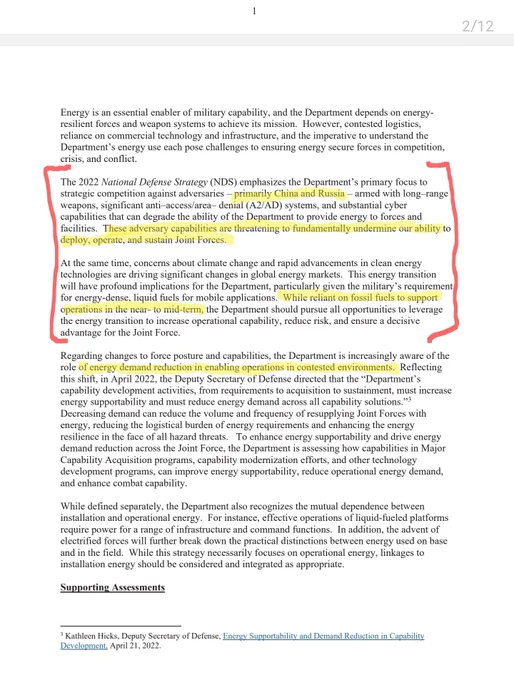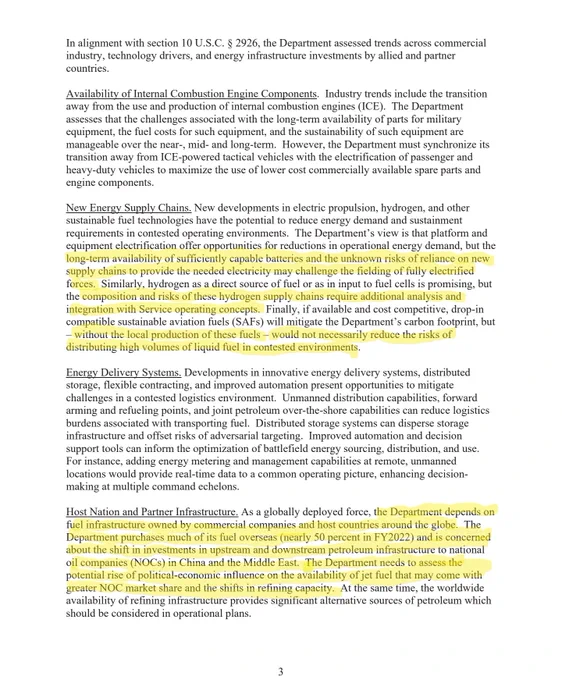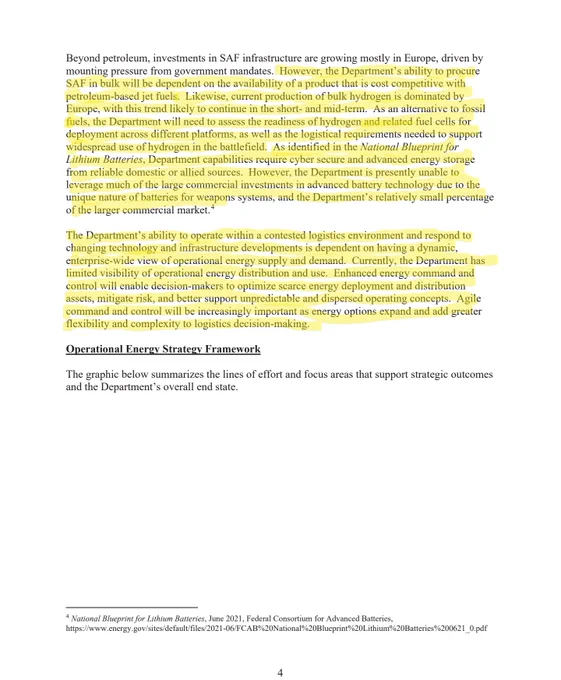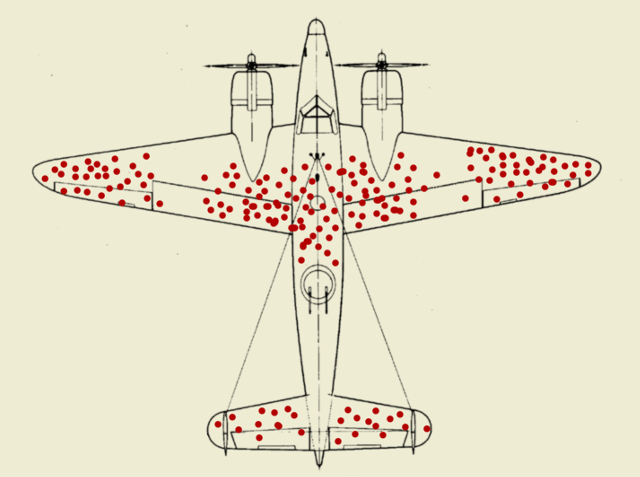

The only times this doesn’t work is if the person resists breathing it in so their blood-CO2 levels build up until they’re in agony and either eventually gives in, or passes out and starts involuntarily breathing.
Hence why that execution a while ago which was supposed to go well ended so badly - the person was sentenced to death, obviously did not want to die, and so resisted it. So, it’s a pretty good method of self-euthanasia because you (presumably) want to die and so will breathe it in with no struggle. A pretty bad method of executing people (from a pain standpoint), unless you wait until they’re asleep I suppose.







imagine being the guy who facilitated one of the largest terrorist attacks in history and has likely prompted many countries - those that either oppose the US or are on the fence - to quietly start ensuring their communication devices are made entirely within friendly countries with total oversight of the production chain and thus destroying a potential avenue of attack on US allies and very probably disrupting existing digital surveillance of the politicians of those countries. at least you get a new name and like $50 million out of it, if you weren’t killed.
the consequences will not be immediately apparent, there probably won’t be a dramatic collapse of any particular company or a bunch of people going to jail, but this has really gotta be one of the most short-sighted moves in recent history. it’s like the US is begging other countries to make closer ties to China, just so they don’t wake up with their phones or pagers exploding on their nightstand because they decided to not let, idk, a Canadian mining corporation in to massively exploit them. they used this massive tactic which could have been used anywhere in the world with a vulnerable supply chain to… achieve a small military result against Hezbollah which they have by now almost certainly recovered from?
if I was China right now, I’d be going around to every country outside of the West and going “hey, do you want phones that won’t explode? buy some from us!”